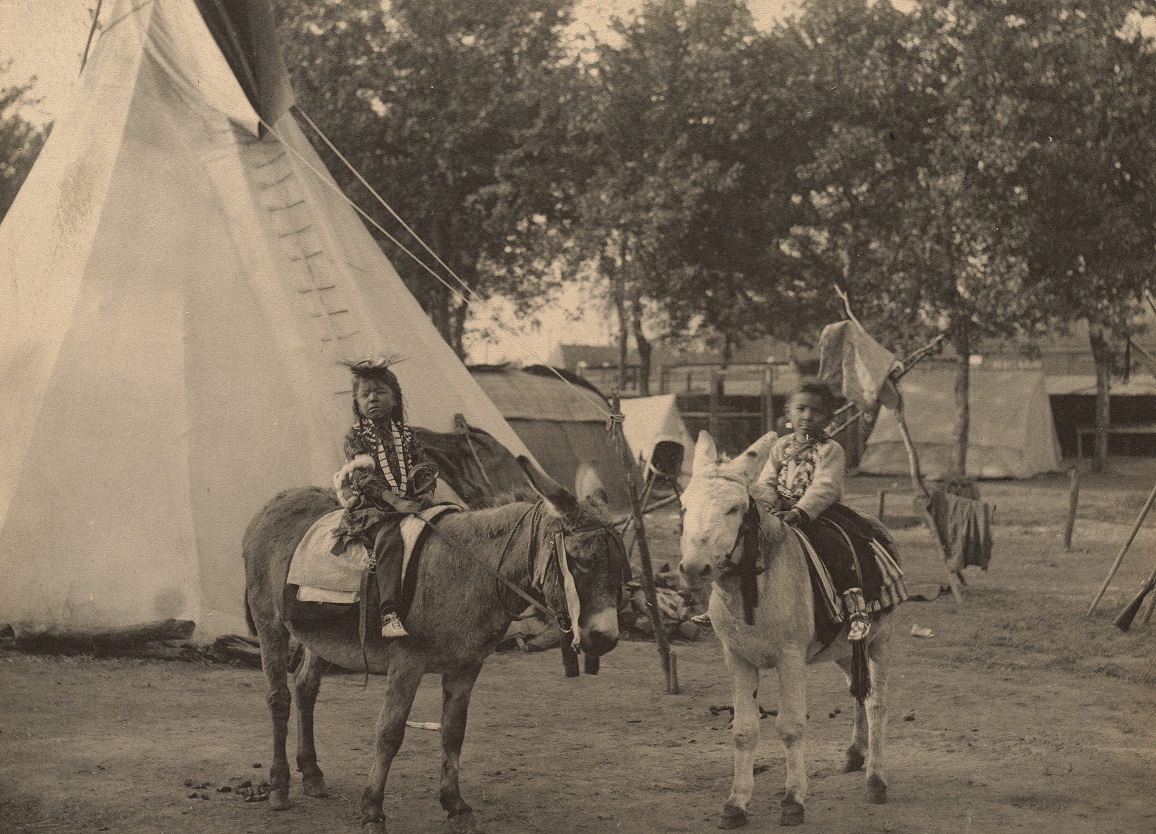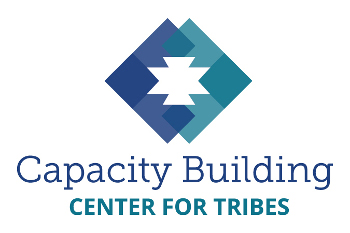2. Be at the table. Make sure there is tribal presence and representation.
Tribes have a right to participate in all state child welfare court proceedings when the child is a member of or eligible for membership. Tribes can also advocate the Spirit of ICWA be followed as best child welfare practice for children that have American Indian or Alaska Native ancestry but are not eligible for membership or not from a federally recognized tribe. Learn more about how states and courts can provide "Spirit of the Law" ICWA services. What is important is that tribes maintain a connection to their descendants in the hope that one day the child will want to fully participle both culturally and politically and be an active citizen of their tribe. To ensure that tribes are properly represented in court proceedings, tribal leadership can:
- Specify a designee to handle representation in all ICWA matters.
- Make sure ICWA matters are handled in a timely and organized manner. Have a central phone number that is dedicated to ICWA and child welfare matters.
- Ensure ICWA advocates, tribal attorneys, or legal counsel understand ICWA and the tribe’s children’s codes.
- Make the commitment to have representation by ICWA advocates or tribal attorneys to appear in court for every hearing. If they cannot appear in person it is recommended that they appear via video conference, phone, or other forms of communication.

- Always intervene in a case, even if only for purposes of monitoring the case. It's important to make this decision as soon as possible. The tribe should always intervene in writing so that it can become a party to the case.
- Encourage the Tribal Council designee that will be dealing with ICWA matters to have a close relationship with the Enrollment Department. This will allow the tribe to determine eligibility for membership and enrollment in a quick and timely manner.
- Ensure proper documentation and record-keeping for all ICWA cases.
